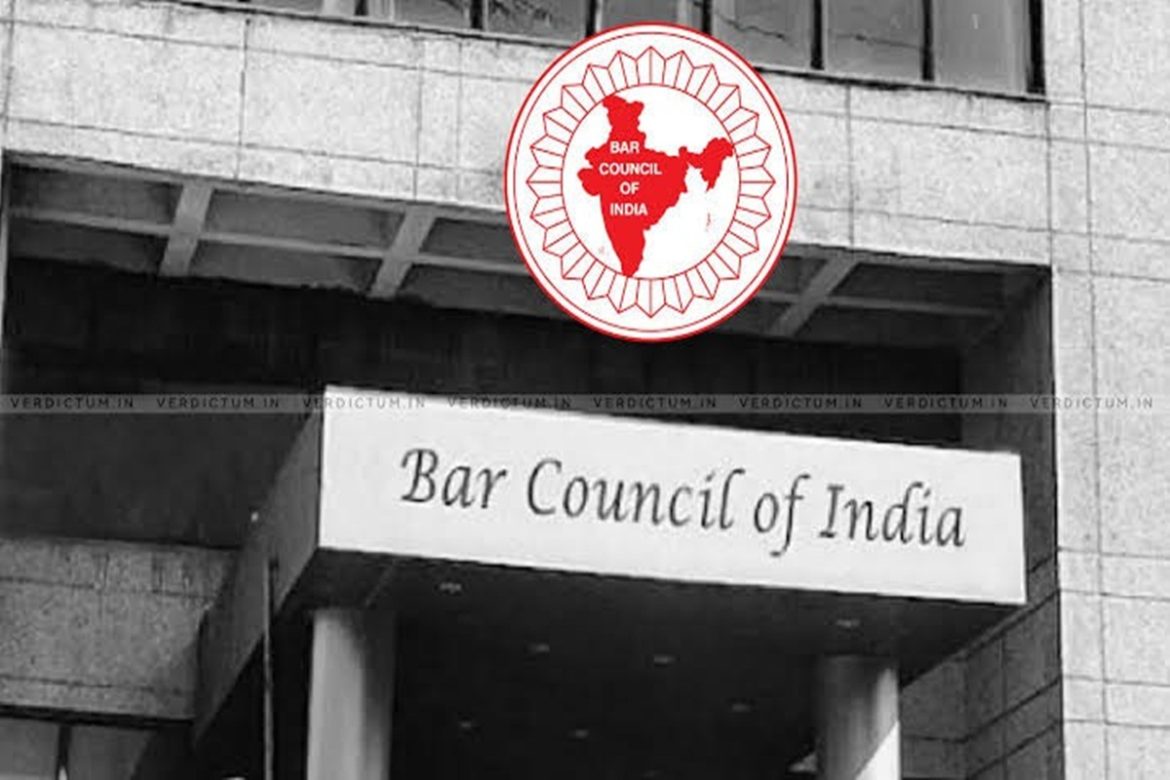In 1954, there were panchayat elections of Andhra Pradesh between two political
rivalry parties. During this, one member of the party was murdered by the
opposite party. For that, nine members were accused of that murder. There were
more incidents like this were happening between the parties in which police force
took punitive help.
There was a meeting held by the deceased opponent leader at his house for the
matters going on between both parties, where they tried to resolve and defend
their aggressive actions against them.
The deceased along with man filed a report to nearby Police Station. On the
morning of 23rd July 1968, the deceased and their two members boarded the bus
for going to Nekarikal.
After a few minutes later, the five accused members were boarded on the same
bus and they started beating the deceased with sticks harshly and continuously
until he became unconscious. His companions took him to hospital. Where the
Doctor found 19 injuries in his body and sent the information to Judicial Magistrate
for recording his dying declaration.
- The Court opined that there is no dispute regarding the death of the
accused and there being a direct connection administered by the
accused 1 and accused 2 to the deceased and his death. - Both the accused confined by beating to the legs and arms of the
deceased and therefore they had no intention of causing the death of
the deceased within the section 299(a) or section 300 of Indian Penal
Code, 1860. - High Court reached to the conclusion by stating some reasons. That
there was no premeditation attack, and it was an impulsive act. That
all the 21 injuries were on arms and legs and not on any vital parts of
the body. That no compound fracture was there as to hemorrhage but
some bleeding which stopped after some time. That the death had
been occurred after 21 hours later which could have been by duly
shock and due to hemorrhage. That the accused 1 and 2 used sticks to
attack with heavy sticks which doesn’t result in any fracture.
DECISION
The Trial Judge convicted the accused 1 and 2 under section 302 and, with a
reading of section 34 of IPC and sentenced each of them to imprisonment for life.
By appealing to the High Court by convicts The High Court altered the decision of
the Trial Judge and reduce their imprisonment to five years of rigorous
imprisonment to each by stating that the accused had no intentions to cause death
because they deliberately avoid hitting any vital parts of the body of the deceased.
APPEAL
Aggrieved by the decision of the High Court State Authority appeals to the
Honorable Supreme Court of the opinion all the conditions pre-requisite for
applicability of this clause has been established and offence committed by
accused was the instant case of murder.
High Court was in error by altering the conviction of the accused from section
302/34 of IPC to under section 304 of IPC. The Honorable Supreme Court allowed
this appeal by restoring the order of Trial Court, convicting the accused for murder
with a sentence of imprisonment for life to each.
with regard
Lawyer talks

